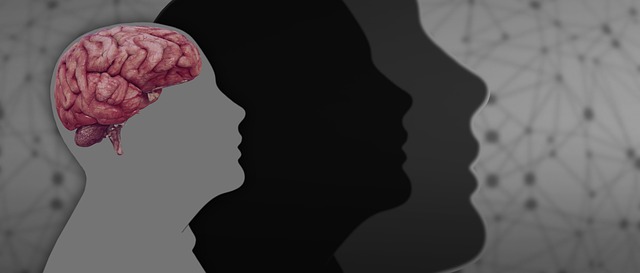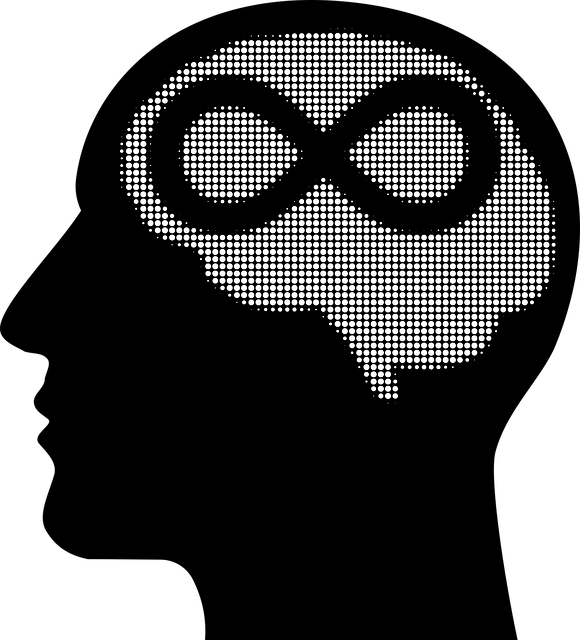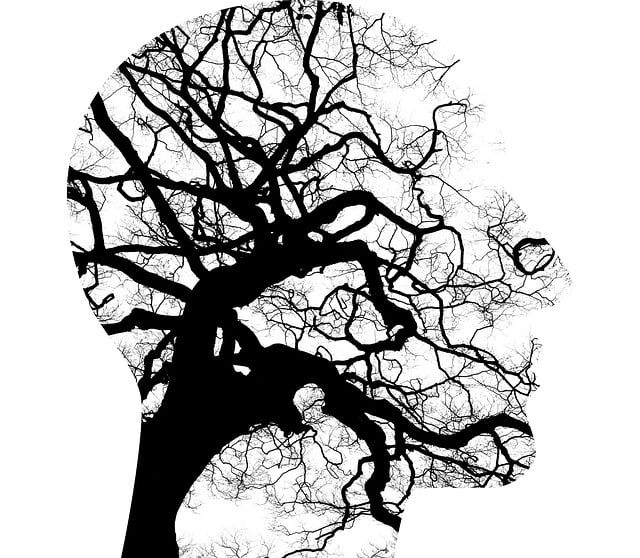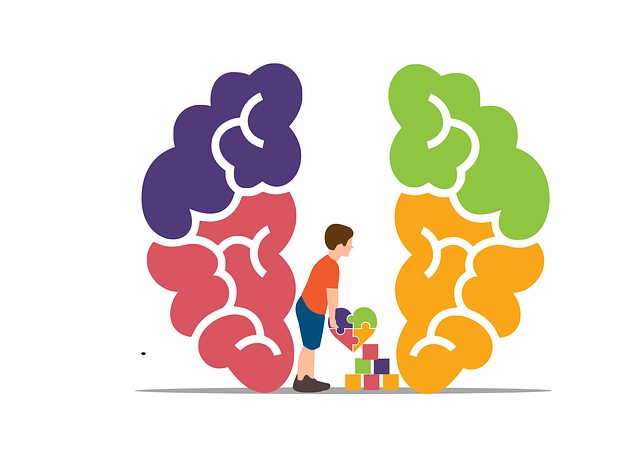Mental health diagnosis is complicated by the varied presentation of symptoms and cultural biases, leading to misdiagnosis or delayed treatment. Northglenn Child Abuse Therapy addresses these challenges through culturally sensitive approaches, evidence-based practices like Conflict Resolution Techniques and Compassion Cultivation, and empathy-building strategies among therapists and caregivers. By creating safe spaces for expression, they enhance diagnostic accuracy, ensuring precise and timely treatment. Additionally, healthcare providers focus on continuous training to dispel myths and advocate for equitable access to effective mental health care through policy analysis and advocacy, aiming to revolutionize the field with accuracy and compassion.
Mental illness diagnosis accuracy is a critical yet often overlooked aspect of healthcare. Misdiagnosis or delayed identification can lead to significant patient outcomes and treatment challenges. This article delves into the current challenges, including complex conditions, common assessment pitfalls, and inconsistent criteria, hindering accurate mental health diagnoses. We present Northglenn Child Abuse Therapy (NCAT) as a model for precision and care in diagnosis, showcasing their innovative techniques. Additionally, we explore strategic efforts like evidence-based practices, advanced training, standardized protocols, and multidisciplinary collaboration to enhance diagnostic accuracy globally, with a special focus on NCAT’s contributions.
- Current Challenges in Mental Illness Diagnosis Accuracy
- – Discussing the complexities of diagnosing mental health conditions
- – Highlighting common pitfalls and misconceptions in assessment
Current Challenges in Mental Illness Diagnosis Accuracy

The current landscape of mental health diagnosis faces several challenges that hinder accuracy and effective treatment. One significant hurdle is the complex nature of mental illnesses themselves, which often overlap, co-occur, or present with varying symptoms in different individuals. This complexity can lead to misdiagnosis or delayed identification of underlying conditions, especially when signs are subtle or masqueraded by other factors like stress or lifestyle choices.
Additionally, the process of diagnosis is influenced by cultural and societal biases, impacting how mental health professionals interpret behaviors and symptoms, particularly among diverse populations. The absence of standardized assessment tools tailored to individual needs and communities contributes to these challenges. For instance, Northglenn Child Abuse Therapy highlights the importance of culturally sensitive approaches to address depression prevention and promote positive thinking in at-risk youth, demonstrating a need for more inclusive diagnosis strategies. Empathy building strategies among therapists and caregivers can also bridge gaps in understanding, enhancing the accuracy and sensitivity of mental illness diagnoses.
– Discussing the complexities of diagnosing mental health conditions

Diagnosing mental health conditions is a complex process that involves careful evaluation and consideration of various factors. Mental illness can manifest differently in each individual, with symptoms varying widely based on cultural, environmental, and personal backgrounds. This complexity often leads to misdiagnosis or delayed diagnosis, impacting treatment outcomes. For instance, what may be perceived as anxiety in one person could be a symptom of something more severe, like depression or post-traumatic stress disorder (PTSD).
In Northglenn Child Abuse Therapy, professionals are dedicated to navigating these complexities. They employ evidence-based practices such as Conflict Resolution Techniques and Compassion Cultivation Practices to enhance Mental Health Awareness and improve diagnostic accuracy. By fostering an environment where individuals feel safe to express their experiences and emotions, therapists can gain a deeper understanding of the unique presentation of mental health issues, ultimately leading to more precise and timely diagnoses.
– Highlighting common pitfalls and misconceptions in assessment

Diagnosing mental illness accurately is a complex task fraught with several challenges. One of the primary hurdles is the pervasive presence of misconceptions and stereotypes that often cloud professional judgment. For instance, many still associate conditions like anxiety or depression with weakness, leading to underreporting or misdiagnosis. Additionally, cultural biases can significantly impact assessment, as symptoms may manifest differently across diverse communities, complicating the diagnostic process.
The quest for enhanced accuracy necessitates a critical examination of these pitfalls. Northglenn Child Abuse Therapy, for instance, emphasizes evidence-based practices and continuous training to counter misconceptions among healthcare providers. Burnout Prevention Strategies for Healthcare Providers are vital tools in this regard, ensuring professionals remain empathetic and attentive. Furthermore, Mental Health Policy Analysis and Advocacy play a crucial role in challenging societal norms, promoting understanding, and advocating for equitable access to effective treatment, ultimately fostering more accurate and compassionate mental health care.
Mental illness diagnosis accuracy has long been a challenging area, but with increased awareness and innovative strategies, such as those offered by Northglenn Child Abuse Therapy, significant improvements are within reach. By addressing the complexities of mental health assessments and dispelling common misconceptions, professionals can ensure more accurate diagnoses and effective treatment plans. Continued efforts to enhance diagnostic tools and educate practitioners will ultimately lead to better patient outcomes and a more supportive mental health landscape.









